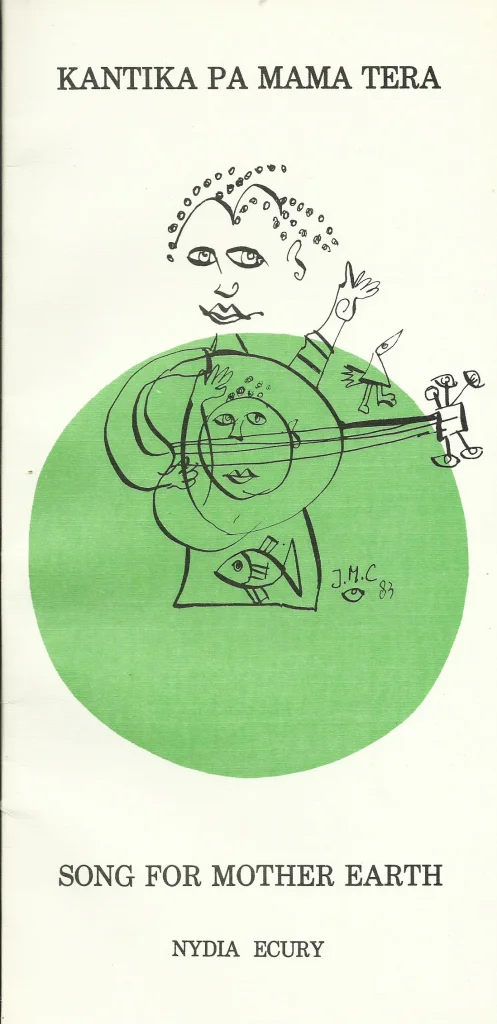The Bahamas: Chasing Light (Patricia Glinton-Meicholas)
Patricia Glinton-Meicholas (b. 1950) is a writer and educator from the Bahamas. She studied at the University of the West Indies and the University of Miami. She has worked as an administrator, lecturer, and dean at the College of the Bahamas. She was a co-founder of the Bahamas Association for Cultural Studies and edits their journal Yinna. The collection I read of her poetry was a finalist for the 2012 International Proverse Prize Competition.
Background: At the time of Christopher Columbus' landing in 1492, The Bahamas were home to 30,000 Lucuyan people. The Spanish eventually moved most of the population to the island of Hispaniola to use as slaves, where most died from disease, significantly reducing the native population. In 1648, the first English settlement was founded on the islands before King Charles II lent the islands to Lords Proprietors of the Carolinas (USA) in 1670. Throughout the 18th and 19th centuries, the Bahamas became a home to many pirates (including Blackbeard), until in 1718 Britain made the Bahamas a colony to restore order. In 1782, the Spanish took possession of the colony briefly, but handed it back. After American independence, the British sent a few thousand Loyalists to the islands along with their slaves. When British slave trade was abolished in 1807 (and later American slavery), thousands of freed slaves from around the Caribbean as well as from the USA came and settled there. In 1940, the Duke of Windsor was appointed Governor of the Bahamas, although he resigned the post 1945. Following World War II, political parties began to form and in 1964, a new constitution that granted internal autonomy was written. On 1973, the British House of Lords voted to give total independence and join the Commonwealth of Nations.
I really enjoyed this collection of poetry. The book is divided into sections, each with a "Chasing ___" title, including that of the title of the whole book. While the spirit of the Bahamas is deeply entrenched in her writing, she deals with topics that are appealing to all readers, especially women. To be honest, I find it somewhat to describe poetry, since I feel like it conjures a feeling rather different than other forms of writing. Her poems are neither overly wordy nor overly sparse, the language is fluid and vivid. I was not pulled in by every poem, but this remains one of my favorite books of poetry that I've read it a while. 100% recommended.






